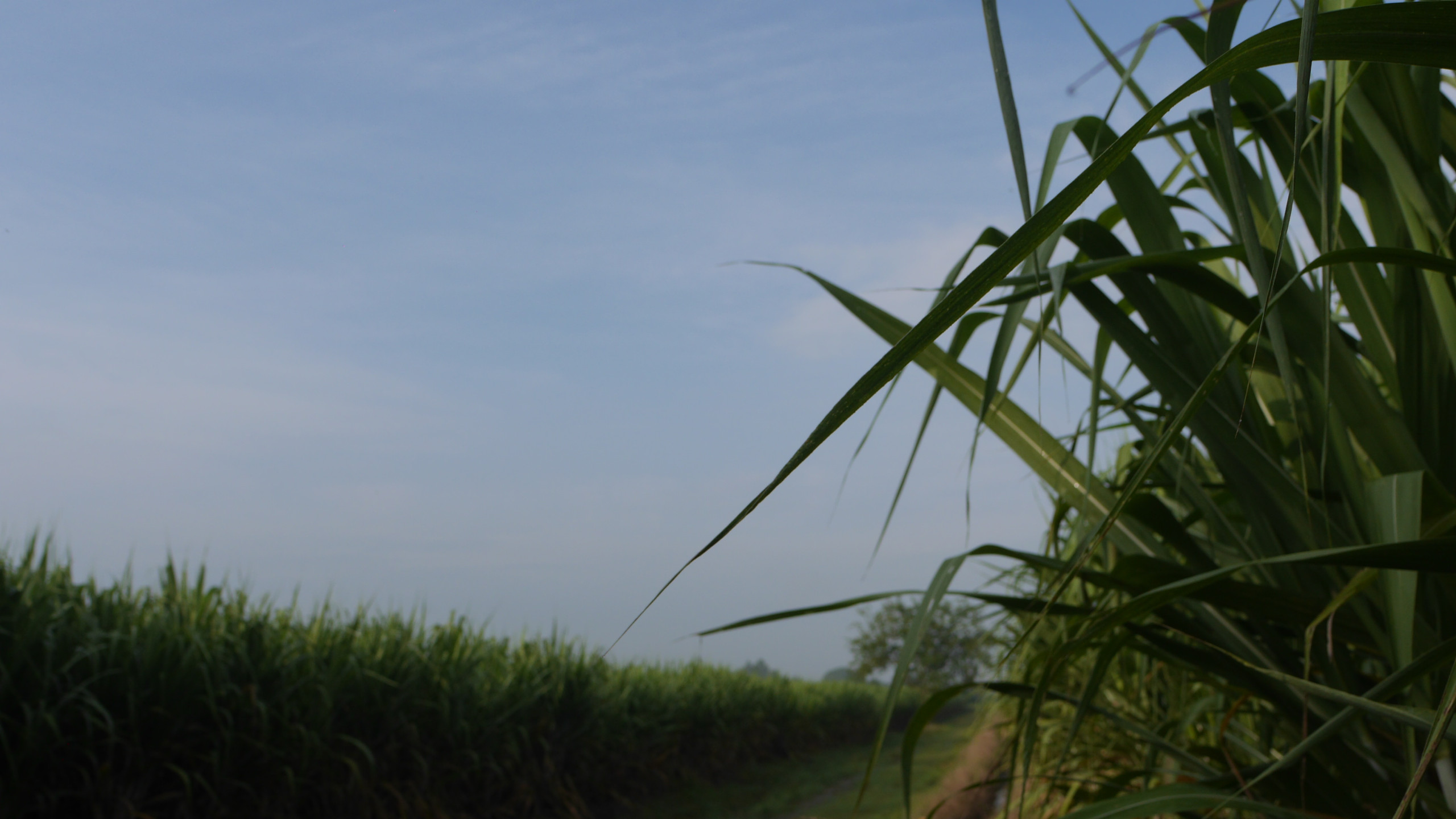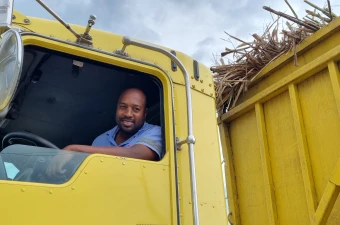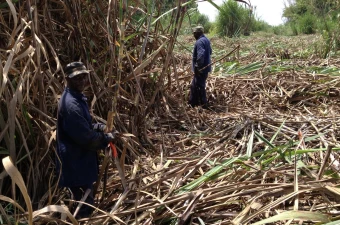The new BONSUCRO production standard 5.2 - a framework to certify sustainable production of sugar- has recently undergone a technical revision. In the new standard the commitment to guarantee a living wage for workers has been reduced making compliance optional for companies.
The final revision of the standard for the certification of sugar production was intended to ratify the essential points of the standard. Unfortunately, the organization and its members decided to change one of the most important and innovative points, by reducing the living wage indicator to be 'aspirational'.
The "living wage" is a concept used to describe the income that guarantees a decent life for all, and is sufficient to cover cost of housing, transport, health care and food, in the country where the income is earned. It is higher than the minimum wage because it covers other basic needs as well.
In the most recent revision, the indicator is moved to the "aspirational" category, which facilitates a choice for production companies. This means that the "living wage" indicator will not longer provide a strong incentive to implement a decent living wage throughout the production chain. This change in commitment illustrates the gloomy reality we are facing in the sugar sector, as it is becoming increasingly difficult to fight modern slavery: wages do not cover basic needs, there is forced labour, child labour, unrecognised overtime and precarious health and safety conditions, at the source of the production.
Our Commitment
At CNV Internationaal, together with our trade union partners, we remain committed to promoting a Living Wage throughout the sector. We have worked on innovative instruments to demonstrate accurate data on the wage gaps in different companies in the sugar sector in Latin America.
Since 2021, CNV Internationaal has been working with union leaders and workers in the Latin American sugar industry to develop a Fair Work Monitor. The results of the monitor show that more than half of the sugar workers who participated in our surveys in Central America, Colombia and Bolivia do not receive a living wage. In many cases, they do not even receive the legal minimum wage established in each country. This especially affects (subcontracted) workers who are mainly engaged in tasks such as field maintenance, harvesting, sowing and transport.
This data clearly shows that the incorporation of a living wage policy in the Bonsucro production standard would greatly benefit the most vulnerable workers.

Trade unions working closely with CNV Internationaal have also expressed their views on the new categorisarion of the living wage indicator, calling it a clear refusal to support workers' aspirations for a living wage.
We therefore urgently call on companies, producers and brands alike, to take their shared responsabilities to focus on securing a living wage for all workers. CNV Internationaal invites you to join us in supporting initiatives like ours, where all participants take responsibility for defending the right to a Living Wage.
Publication date 03 08 2023


